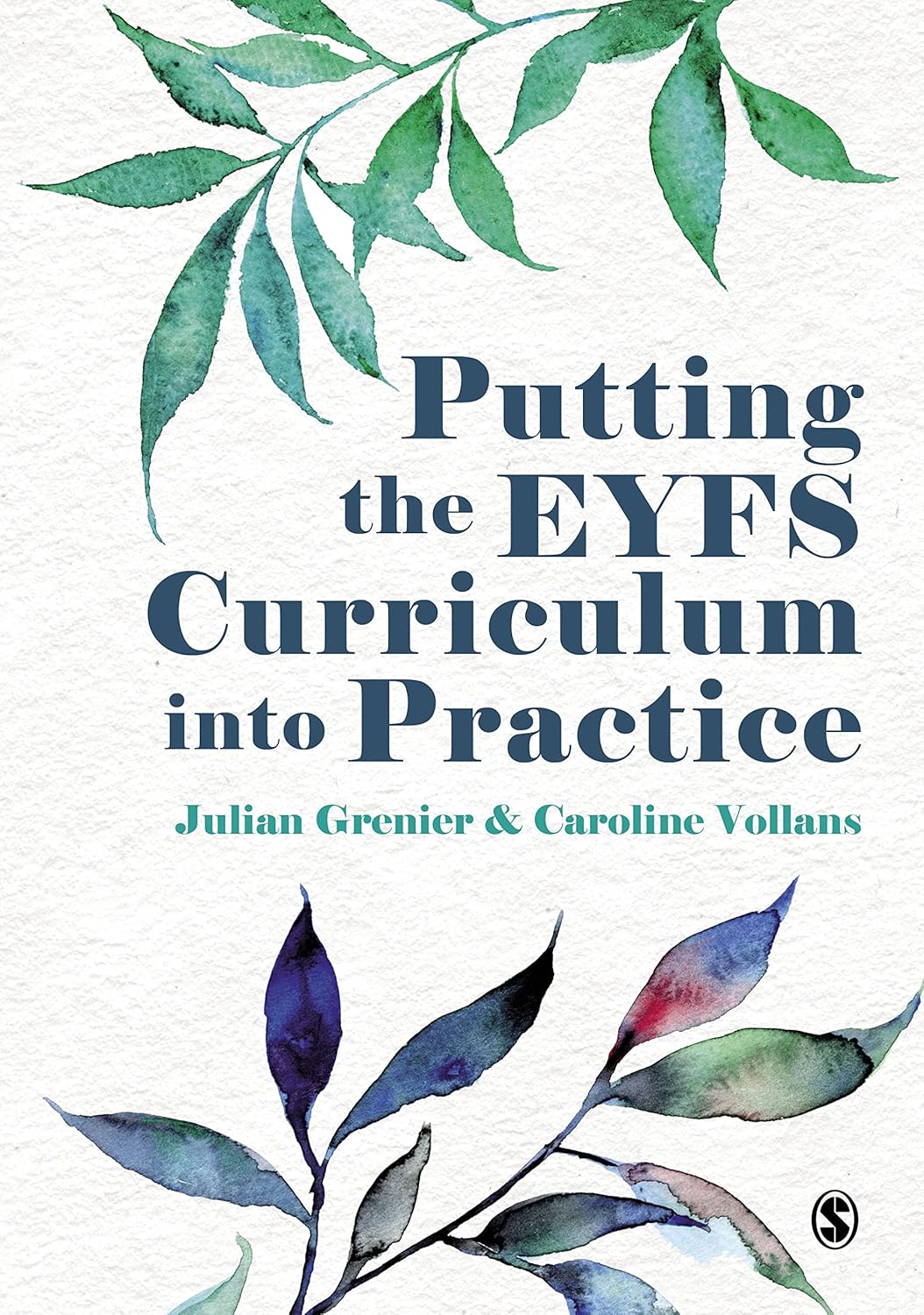About this deal
But Jan describes how important the appropriate documenting of children's can be and refers to Reggio Emilia and Margaret Carr's Learning Stories. However other curriculums have also the quality input that the EYFS has, for example the High Scope Curriculum, Montessori etc. Bronfenbrenner produced systems which included the following ‘Microsystems’, ‘Macrosystems’ and ‘Exosystems’. Back in 2013, Ben Goldacre argued that: ‘By collecting better evidence about what works best, and establishing a culture where this evidence is used as a matter of routine, we can improve outcomes for children, and increase professional independence.
The purpose of the 2 year check is to help identify strengths and any areas where progress is less than expected. It's about community development: celebrating and building on the strengths of children, their families, and their communities. The contributors were all so keen to share their practice from the thick of it in the EYFS - and now you're all sharing it too. Well, because if we get assessment practice right then many of the other pieces of the effective practice jigsaw will fall into place. As stated in The Times (2008), “The EYFS is about responding to the individuality of each child, in the context of loving and secure relationships and creating a stimulating and enabling environment that will promote age – appropriate experiences for learning and development”.In particular, the practical aspects of group tasks and discussion points enable the reader to develop their reflective skills through the knowledge gained' - ESCalate 'This informative and thought-provoking collection of essays brings together theory, policy and practice for practitioners working with children aged from birth to three years old.
They need to have an appetite; they need to know that mealtimes will be enjoyable; and they need to have a good relationship with the person who is going to share a meal with them. As professionals we need to be able to identify what this is for each of us and then find ways of feeling more comfortable with it. I, like many other childminders, gave up an enormous amount of personal time just to prepare for my Ofsted.
She also says that We all live in a society that, despite legislation, is not equal, nor is the aspiration for an inclusive society held by all. What parents do at home with young children has the most impact on all aspects of their development – social, emotional, intellectual and physical”. A Sense of Wonder is an easy-to-read guide for educators looking to implement play-based science learning and inspire children of all ages in the Early Years Foundation Stage.
If as EYFS teams, we are to focus more on the needs of individual children rather than on the development matters document, our staff will, quite rightly, need a clear understanding of how young children learn and develop. The authors explore the key barriers and common pitfalls that often arise around this crucial transition, and show teachers how to successfully lead children from the Reception stage through Year 1 and to the subject-based teaching beyond. You can make more judgements based on your knowledge and experience, instead of using the early learning goals or age bands in the framework to track children’s progress. When knowledge of our children effectively informs what happens next, our curriculum and pedagogy become meaningful to both our staff and our children. However there is evidence that most childminders have developed knowledge and understanding of how to put the EYFS into practice and use it to identify, plan and provide foe individual children’s needs in their care.If we don’t have a clear vision for EYFS assessment within our school or setting then practice can become weighed down by the burden of too many unnecessary written observations and captured images. The conference is all about the putting the curriculum into action, with a special focus on equity for every child. It provides a broad exploration of the changes in the EYFS and considers how the revised EYFS framework creates both a context for learning and the basis of a curriculum for children from birth to five in early years settings. If your specific country is not listed, please select the UK version of the site, as this is best suited to international visitors. Including real-life case studies and views from parents and teachers, this book will give you the knowledge and confidence to plan a play-based curriculum, based on children’s interests and developmental needs that will enable every learner to thrive.
Focusing on practice, it considers a range of issues arising from the revised EYFS, including the rationale behind the new prime and specific areas of learning, and the new key themes of school readiness and engaging parents. Interests are useful for motivating the children and providing them with meaningful opportunities for learning.Lastly the authors stipulate that despite the ambitions of the EYFS, childminders have not been able to see the practical effect of this. Last week I attended the Nursery World Virtual Event, The Future of the EYFS, and listened to Julian Grenier as he provided an excellent overview of current early years practice and carefully explained why the EYFS reforms have taken place. It’s easier to navigate, and shorter in word length to allow for more freedom to develop the right broad curriculum for the children you work with.
Related:
 Great Deal
Great Deal 